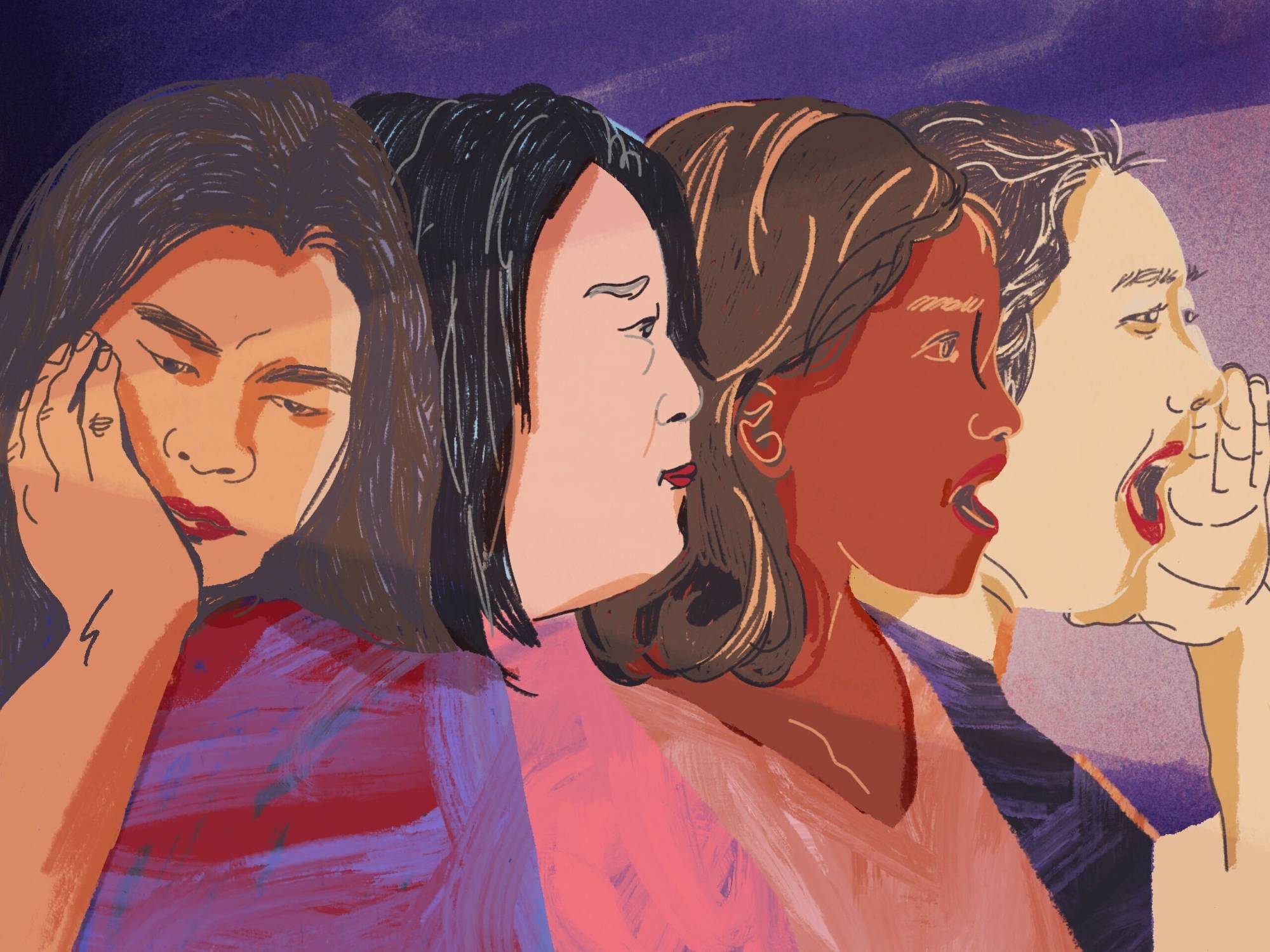
"Domestic violence often goes unspoken in Asian communities, where stigma, family dynamics, immigration status and lack of culturally responsive services can make it especially difficult to seek help. Survivors like Kang say those layered pressures - along with the fear of losing family, support systems or legal status - kept them silent for years. But a growing network of advocates and organizations are working to break through that silence and build support systems that meet survivors where they are."
"According to the Asian Pacific Institute on Gender-Based Violence, up to 55% of Asian women reported experiencing some form of intimate violence in their lifetimes. The rates vary across ethnic groups - Vietnamese, Indian, Chinese, Korean and others - but experts agree that underreporting is common and the true numbers are likely higher. Mallika Kaur, director of the Domestic Violence & Gender-Based Violence Practicum at Berkeley Law, said that cultural expectations play a major role in keeping survivors silent."
"Narika offers wraparound services as well, including shelter, transportation, financial counseling and legal aid, Dixit said. The organization also provides support groups Monday through Friday, giving survivors the opportunity to find community with others who have similar experiences. Dixit said Narika served more than 900 survivors last year and 500 since January. She emphasized that even within South Asian communities, experiences vary widely. Within the South Asian diaspora, there are dozens of microcultures and ethnic groups, Dixit said."
Survivors of domestic violence in Asian communities often encounter silence, stigma, complicated family dynamics, immigration-related fears, and a lack of culturally responsive services that hinder reporting and help-seeking. Reported prevalence reaches up to 55% among Asian women, though rates vary across ethnic groups and underreporting likely masks higher true numbers. Cultural expectations and fear of losing family, support systems, or legal status compound barriers. Advocacy organizations provide wraparound services—shelter, transportation, financial counseling, legal aid, and regular support groups—to build community-based, culturally informed assistance and break cycles of abuse.
Read at Kqed
Unable to calculate read time
Collection
[
|
...
]